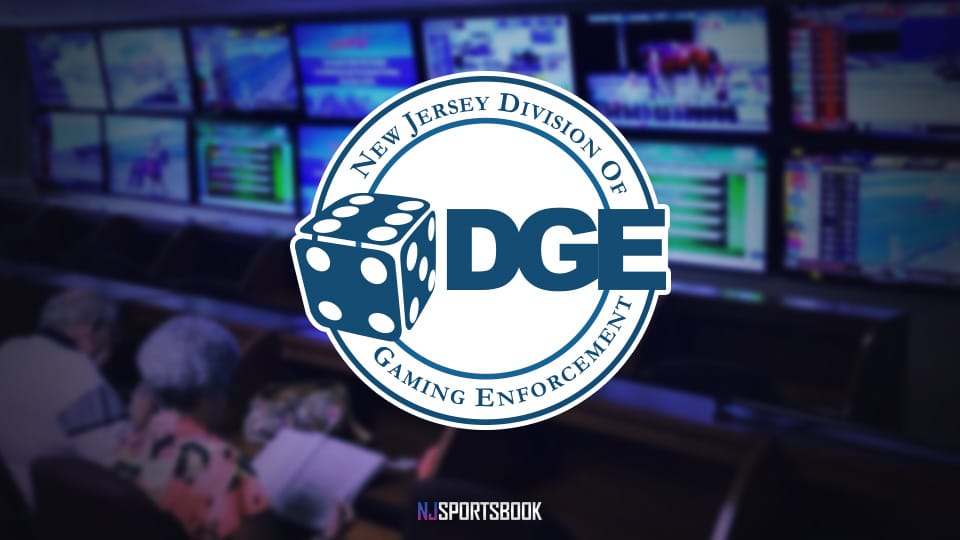New Jersey Division of Gaming Enforcement (DGE) was established in 1977 to ensure the integrity of its casino gaming industry.
Often referred to as the DGE, it came into being under the Casino Control Act, N.J.S.A. 5:12-1 et seq.
Since May last year, sports-betting has also fallen under its wing. This was when the Supreme Court ended PASPA which had outlawed US sports betting for some two decades.
The DGE had much to do with New Jersey being the first state to get sports-betting up and running. This was thanks to its energy efficiency and industrious pre-planning.
According to its official website, the DGE’s mission is to protect the public interest by:
- “Maintaining a legitimate and viable industry, free from the influences of organized crime and…
- “Assuring the honesty, good character, and integrity of casino owners, operators, employees, and vendors.”
It adds, “The Division performs this mission through the enforcement of the Casino Control Act and the regulations promulgated thereunder.” These regulations “mandate a strictly regulated and economically sound industry.”
The DGE monitors them through investigations, inspections, and audits. If necessary it also undertakes criminal and regulatory prosecutions.”
Sign-up With DraftKings, a regulated casino
The Duties of the DGE
Casino licenses are mandatory for corporate and individual owners, managers, employees, and service industries. It is also mandatory in NJ that sportsbooks operate only under the license of a casino or horse racing track.
NJ sportsbook market front runners FanDuel and DraftKings, for example, operate as the online betting partners of Meadowlands race track and Resorts Casinos, respectively.
“The Division,” says the DGE, “conducts investigations of all license applicants. And reports to the Casino Control Commission (CCC) on its findings.”
“The CCC has the authority.” It adds, “To grant or deny a license
0a……..t a public hearing. They grant licenses only to individuals or entities that meet the fitness criteria of good character, honesty, and integrity.”
Regulatory Enforcement
The DGE’s Regulatory Enforcement and Regulatory Prosecutions Bureaus are responsible for enforcing two key factors.
One is the Casino Control Act (the Act). The other is concerned with its CCC Rules and Regulations. The latter includes:
- Accounting and internal controls…
- Rules of the games and gaming equipment…
- Regulation of the Division of Alcoholic Beverage Control…
- Simulcasting and advertising …
- Underage gambling and wagering …
- Exclusion list violations and casino employee noncompliance
- Complaints by customers or concerning equal employment opportunity/affirmative action (EEO/AA).
- Information systems integrity, security and CCTV surveillance…
- And all other matters related to the daily operation of its casinos.
The Bureaus investigate and prosecute any violations of the Act and its Regulations.
Monitoring Operations
According to their website, “DGE investigators monitor day-to-day casino operations on-site, around the clock.” This is to assure regulatory compliance and to investigate violations.
The criminal law enforcement concerns of casinos are handled by the New Jersey State Police assigned to the DGE. Prosecutions, in turn, are carried out by the Division of Criminal Justice’s Casino Prosecutions Bureau.
The Technical Services Bureau (TSB) assures the integrity of electronic gaming equipment. This includes all slot machine and sportsbook and daily fantasy equipment within the State of New Jersey.
TSB is responsible for the enforcement of all laws and regulations governing electronic gaming equipment according to the Casino Control Act and the Rules and Regulations promulgated thereunder.
The responsibilities of TSB include the following:
- Testing and evaluating electronic gaming equipment
- Testing and evaluating manufacturer prototype equipment
- Analyzing and verifying slot machine jackpot payouts to casino patrons
- Verifying operational integrity
- Inspecting casinos, assuring the security and proper accounting of slot machines and electronic equipment within the jurisdiction of the State of New Jersey.
TSB engineers test and approve all electronic games and sportsbooks before they can be used and TSB statisticians evaluate the odds, payout, and fairness of them.
In addition, gaming equipment specialists inspect electronic gaming equipment once they approve it for play. They also do this for the entire time it is being used or stored in New Jersey.



